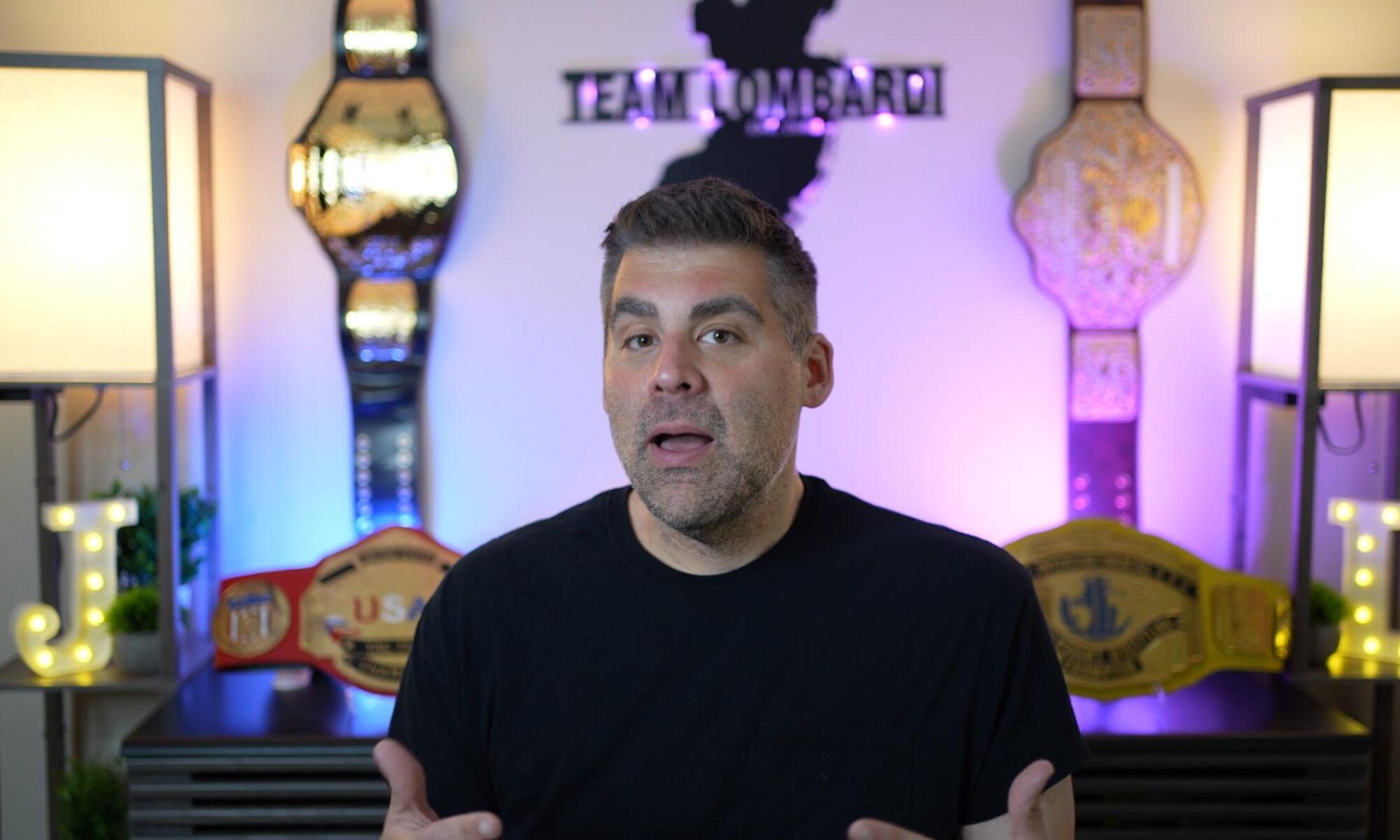
I just finished reading a short zombie novel called “Brains: A Zombie Memoir”. This books take a more comedic approach to the zombie genre by having the lead character named Jack (who is undead) retain his memories and ability to think and write. Jack assembles a team of zombies who have managed to retain certain skills like running or shooting a gun and attempt to find the man responsible for the outbreak.
This book is way too similar to another zombie comedy I read a few months ago called “Zombie, Ohio” by Scott Kenemore. Allow me to review the similarities:
- Both books feature male lead characters that retained their memories after they become zombies.
- Both characters were college professors.
- Both characters cheated on their significant other before zombification.
- Both characters quickly embrace their zombie natures and gleefully eat people (both books make it an almost sexual experience).
- Both books have the main character assemble and lead a zombie army.
Like “Zombie, Ohio”, “Brains” reads like fan fiction… bad fan fiction. Becker is going for a comedic tone, so there is no tension. She uses terms like “yummy” when the zombies eat brains, and it comes off as childish. Like the zombies she writes about, the plot wanders. Jack the zombie eventually finds his way to the scientists, but by the time it happens you don’t care because Becker moves the reader past it.
While I don’t normally come down this hard on books, I felt that “Brains” could have been much better. “Zombie, Ohio” also had room for improvement, but the author had fun with the environment he created. “Brains” is a paint-by-numbers zombie story that just goes through the motions.













 He did.
He did.